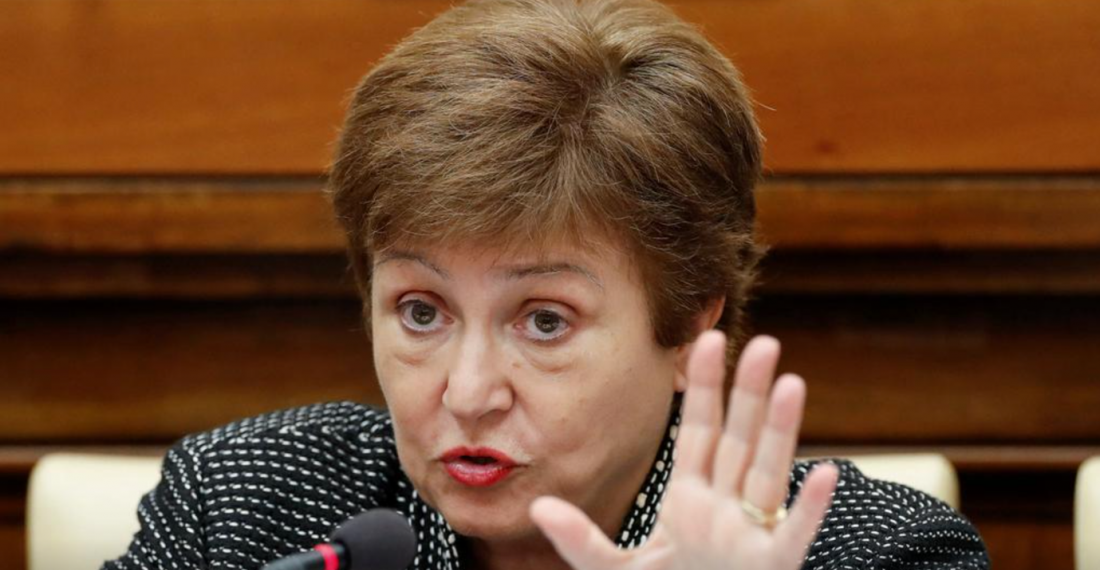African economies are particularly vulnerable to the impacts of war in Ukraine, says the Head of the International Monetary Fund (IMF), Kristalina Georgieva. The remarks come two weeks after the Russian invasion of Ukraine sent financial markets into steady decline, leaving African economies with high food and fuel prices.
“The war and the unprecedented sanctions imposed on Russia are having far-reaching consequences. They come at a delicate time for Africa.”, she stated at a closed virtual press briefing on Thursday.
Oil exporting countries, such as Nigeria are due to benefit from rising oil prices, expanding their foreign reserves and increasing revenues. This, however, is expected to be undermined by its remaining dependency on oil imports, as well as the potentially brief nature of price hikes.
To make matters worse, many African economies have seen their credit rating downgraded, making it more difficult (and expensive) for them to access capital markets.
African economies including those of the ‘Fragile Five’ (Kenya, Angola, Ethiopia, Ghana, and Zambia) are heavily burdened by growing debt. Sub-Saharan African countries suffered almost a 10% decline in revenues in 2020, making the payment of interest increasingly difficult. Further declines in tourism over the past year are likely to exacerbate declines in revenue.
One of these Fragile Five, Zambia, has to allocate 44.5% of its total revenue solely to interest payments, according to the World Bank. The southern African country has been in talks with the IMF to restructure its debt, announcing an agreement would be in the books by mid-2022.
In a push to decrease debt-pressures, the G20 initiated the Debt Service Suspension Initiative (DSSI) at the start of the pandemic. The DSSI was to be followed up by the Common Framework for Debt Treatments (CF) upon the DSSI’s retirement in December of 2021. Beyond public creditors such as the World Bank, however, only one private lender took part in either initiative.
Georgieva announced during her address that the IMF “stands ready to help African countries reduce the cost of any needed policy adjustments through policy advice, capacity development, and lending”.
Fears remain that an increasing debt-burden and a lack of timely debt-relief will further cut governments’ spending capacity and increase the risk of default. As the Observer Research Foundation—an India-based policy think tank—states, austerity measures may contribute to a short-term decline in welfare throughout African economies.
The price of oil has skyrocketed in the past month and remains volatile with Friday’s crude oil market price dropping 12% shortly after market opening. Wheat prices have also climbed to a 12 year high as a result of supply chain issues, accompanied by rising fertilizer prices. This is likely to make much-needed humanitarian aid to the Horn of Africa, which is currently struggling from an historic drought, particularly expensive.
Sources: Reuters, Observer Research Foundation (New Delhi), Anadolu Agency (Ankara)
Photo: IMF Managing Director Kristalina Georgieva during a conference in the Vatican, February 2020; Source: Reuters






